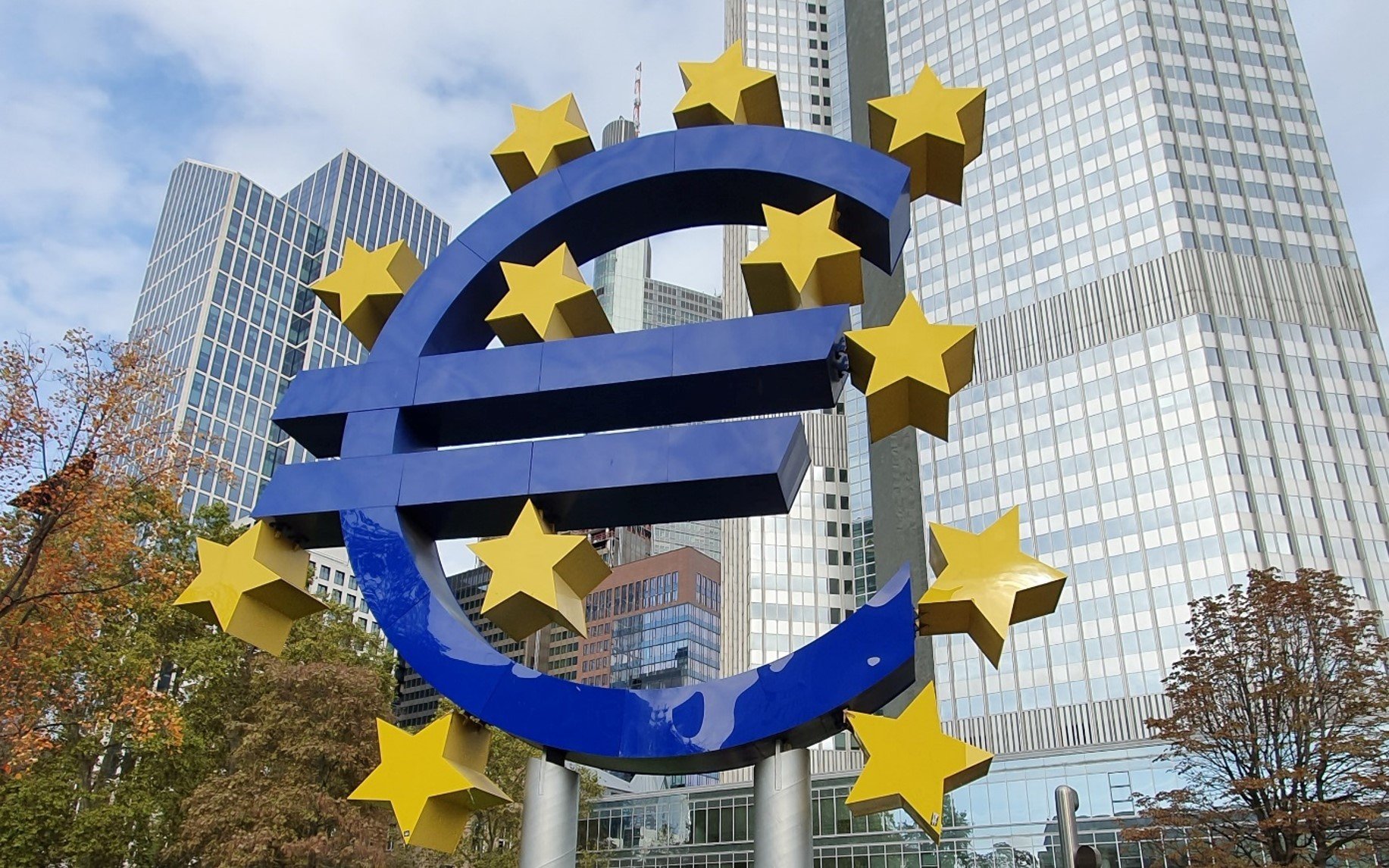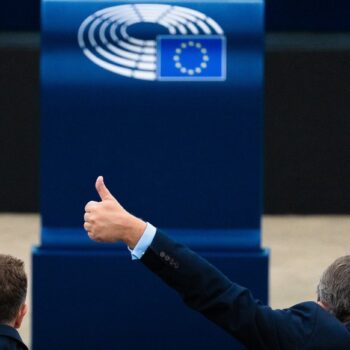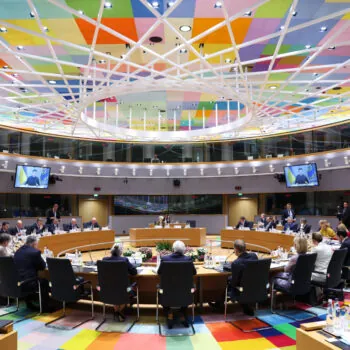As the European Commission launches the review of its fiscal rules on October 19th, the debate over Europe’s fiscal future will pick up speed. Reforming the Stability and Growth Pact is critical if the EU is to achieve the European Green Deal goals in an ambitious and socially just manner.
Europe needs a new fiscal consensus. When the COVID-19 crisis hit, EU Member States deployed near-unprecedented levels of financial support to protect companies, employment and households. Now, as Europe works towards climate neutrality by 2050, it’s time for a definitive re-evaluation of the EU’s fiscal orthodoxy. Indeed, EU Member States will require significant fiscal space to harvest the benefits of the transition to a carbon-neutral economy.
Success, however, depends on the political sphere. First, it requires a monumental effort of coalition-building between EU Member States supportive of reform. Besides, the resulting alliance will have to speak directly to traditionally frugal nations, addressing their concerns and past experiences. The imminent launch of the European Commission’s Economic Governance Review will be the starting gun for Europe’s decisive fiscal debate.
This E3G briefing introduces readers to the Stability and Growth Pact, the cornerstone of the EU’s fiscal framework. Next, it outlines its limitations and how climate action might offer an avenue for reform. Finally, it explores the politics of the debate to come.


